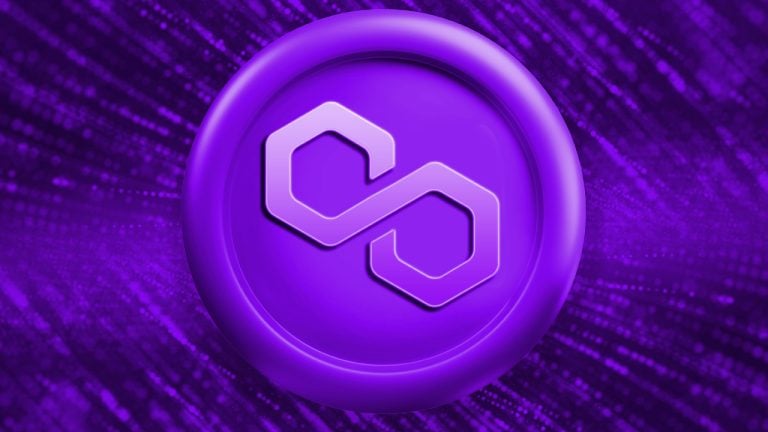
Details have been released about Polygon’s upcoming upgrade, Polygon 2.0. The company, known for its Ethereum scaling solutions, has introduced a few Polygon improvement proposals (PIPs) as part of its shift to a network of interconnected zero-knowledge-powered chains.
Polygon 2.0 Unveiled in 3 PIPs
According to the announcement, Polygon 2.0 focuses on scalability and interoperability by implementing zero-knowledge (ZK) technology. The intent of the upgrade is to transition Polygon into a network resembling the structure of the Internet. This network of ZK-powered chains seeks to enhance Ethereum’s capacity without compromising its security.
“Three Polygon Improvement Proposals (PIPs) were released that lay out the specific changes that, following community endorsement, will begin to take place in early Q4 of this year,” the update details.
The initial proposals concentrate on modifications to Polygon’s current Ethereum contracts, aiming to prevent inconvenience for users and developers. Key changes include transitioning the native token from MATIC to POL and introducing a Staking Layer for validators.
Polygon developers note that the primary objective is to expand Ethereum block space in a manner similar to the network structure of the internet. Polygon believes that with ZK technology, Ethereum block space can potentially match the expanse of the internet.
The PIPs include:
- PIP-17: Polygon Ecosystem Token (POL)
- PIP-18: Polygon 2.0 Phase 0
- PIP-19: Update Polygon PoS Native Token to POL
In the past month, Polygon’s MATIC token has declined more than 10% against the U.S. dollar and 4% in the last two weeks. MATIC ranks 14th among more than 10,000 cryptocurrency assets, with a market capitalization of about $4.81 billion.
Regarding decentralized finance (defi), the total value locked (TVL) in Polygon stands at $773.13 million, spread across 474 defi protocols. With the upcoming transition to POL, users will have the opportunity to swap MATIC for POL at a 1:1 rate. Polygon’s recent statement about the Polygon 2.0 transition indicates that the upgrades will be implemented in phases, rather than all at once.
What do you think about the Polygon 2.0 upgrade? Share your thoughts and opinions about this subject in the comments section below.












